Letter from Marshal de Castries M. de Condorcet, permanent secretary of the Academy of Sciences.
Versailles, March 1785.
King having resolved, sir, to use two of its frigates in a journey that can in-a-time useful items for completing his service, and provide a comprehensive means to improve the knowledge and description of the globe, I wish that the Academy of Sciences was willing to expose him to write a brief that detailed the various physical observations, astronomical, geographical, and others it deemed most appropriate and important to both the sea in the course of navigation, that the lands or islands that can be visited. To determine the views of the Academy on the plan it may adopt in this regard, I must warn you, sir, that the ships of his majesty will in the case of rising to the north and south, to the sixtieth parallel, and they will travel the entire circumference of the globe, in the direction of longitude. The academy can understand in his speculation about the universality of the coasts or islands known, and the entire surface of the sea lying on both sides, between the two major land masses that form the continents.
In urging the academy to care for a work that will be very agreeable to the king, you can insure it, sir, it will be given the utmost attention to comments or experiences it has given, and we strive to fully meet its demands, as circumstances will allow travel to engage in such operations. His majesty will see with pleasure that the lights of the Academy of Sciences concurrent with the love of glory and zeal that animates the officers of its navy, it can promise the greatest benefits for the Advancement of Science, of an expedition which has as main purpose to promote progress.
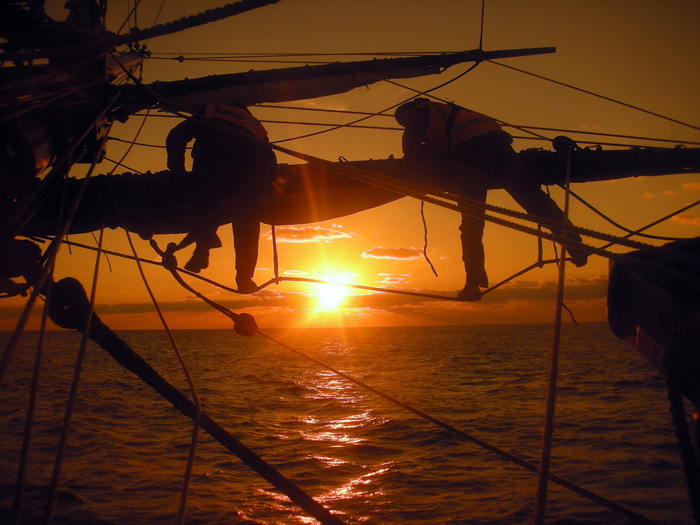
R ECOGNITION OF BAY VERY VERY FAVORABLE PROFONDE.RAPPORT MORE OFFICERS, WHICH WE APPOINTED TO RELEASING Y. Risks we face on entering. DESCRIPTION OF THE BAY TO WHICH I GIVE THE NAME OF BAY AND PORT OF FRENCH. MANNERS AND CUSTOMS OF THE PEOPLE.
EXCHANGE WE DO WITH OUR EUX.DÉTAIL OPERATIONS DURING OUR STAY.

Map Port the French, by Francois Michel Blondel (1761-1788), 1786
[July 1786] ;
[...] C e port had never been seen by any browser: it is located thirty-three miles northwest of the Los Remedios, the last term of English voyages, about two hundred twenty-four leagues of Nootka and a hundred miles from Williams Sound, so I think that if the French government had plans for factory in this part of the coast of America, no nation could claim to have the slightest right to s 'oppose it. The tranquility of the interior of the bay was very attractive to us who were in absolute need for change and our almost fully stowed, in order to extract six guns placed in the hold, and without which it was unsafe to navigate the seas of China, frequently infested with pirates. I order this place the name of the French port.
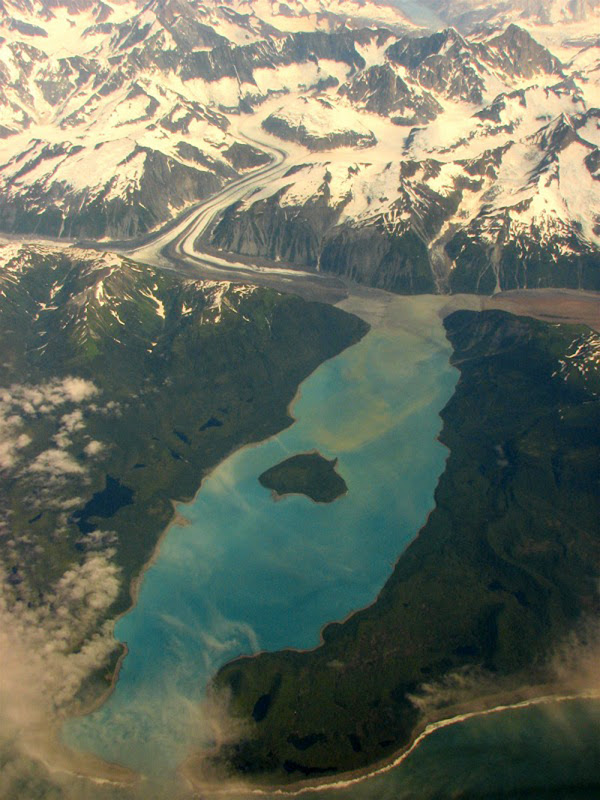
Aerial view of the "Port of the French," Today "Lituya Bay"; Alaska
We made road at six in the morning given in the entry with the end of the stream. The Astrolabe preceded my frigate, and we, as before, put a canoe on each point.
[Then a sudden change of wind bring the ships in danger.]

Viewed from the bottom of the French Port - Lavis by Gaspard Duchy of Vancy , July 1786
For thirty years I'm surfing, it does not happen to me to see both ships as close to being lost, the fact of experiencing this event to the end of the world would have made much greater our misery but there was more danger. Our boats were put to the sea very quickly and we élongeâmes of warps with small anchors, and, before the tide had dropped considerably, we were on a background of six fathoms: we gave a few shots, however, Heel, but so weak that they n'endommagèrent not the building.
[After much maneuvering, the Astrolabe and the Compass are doing this bad situation.]

Lituya Bay
J ' sent it very quickly survey the bay. Soon, Mr. Boutin told me he had found excellent sandy plateau, four cables in the west of our anchorage. [...] He also told me that the northwest wind did not penetrate the inner harbor, and there had remained calm.
Mr. Escures was shipped at the same time to visit the bottom of this bay, which he gave me the report the better: he had traveled to an island from which we could anchor in twenty-five fathoms, muddy bottom, no place was more convenient to place our observatory, the wood, all cut, was scattered on the shore, and waterfalls of the finest water fell from the tops mountains to the sea He had penetrated to the bottom of the bay, two leagues beyond the island was covered with ice. He had seen the entrance of two large canals, and urged me to come to account for his commission, he had not recognized. According to the report, we presented our imagination can penetrate perhaps, by one of these channels into the interior of America. The wind had calmed down at four o'clock in the afternoon, we Touami on the plateau of sand Boutin and Astrolabe found himself within range of sail and win the anchorage of the island: I joined the frigate the day, aided by a breeze from the east-southeast and our canoes and rowboats.

map of the French port on the coast of northwest America by 58,037 'north latitude and 139050' longitude west discovered July 2, 1786 by French frigate Compass and the Astrolabe .
Atlas of the Voyage of La Perouse. Bouclet sculp. Herault scrip. (Paris: L'Imprimerie de la République, An V, 1797)
Atlas of the Voyage of La Perouse. Bouclet sculp. Herault scrip. (Paris: L'Imprimerie de la République, An V, 1797)
During our enforced stay at the entrance of the bay, we were constantly surrounded by canoes of savages. They offered us in exchange for our iron, fish, otter skins or other animals, and various small pieces of furniture of their costumes and they looked to our great astonishment, and be accustomed to traffic they made their markets as well as the most skillful buyers in Europe. All items of commerce, they were anxious that the iron they accepted a few glass beads but they served rather to make a deal to form the basis of the exchange. We succeeded in following to receive their plates and tin cans, but these items had only temporary success and iron prevailed over everything. The metal they were not unknown, they all had a dagger hanging from his neck: the shape of the instrument resembled that of Indian cry, but there were no reports in the handle, which was only extension of the blade, rounded and without sharp, this weapon was enclosed in a sheath of tanned skin and she seemed to be their most valuable furniture. As we look very carefully at all these knives, they made us sign that they did not use that against bears and other beasts of the forest. Some were also in copper, and they do not seem to prefer them to others. This metal is fairly common among them, they employ more specifically necklaces, bracelets and various other ornaments as they are arming the tips of their arrows.
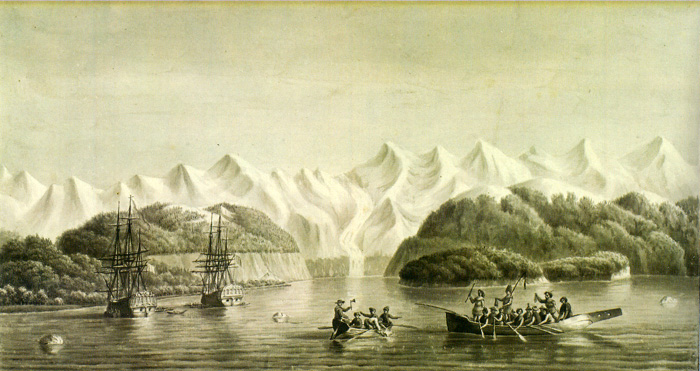
Interior view of the French port , drawing Michel François Blondel, 1786
was a big issue with us to know the source of these two metals: it was possible to assume the native copper in this part of America, and the Indians could reduce him to strip or bullion, but the native iron is perhaps not in nature, or at least it is so rare that many mineralogists n ' has ever seen. We could not admit that these people might know how to reduce the iron ore mine in the state of metal, we had seen elsewhere, the day of our arrival, necklaces of glass beads and some small furniture in brass, which, as we know, is a composition of copper and zinc, so that everyone led us to believe that the metals that we had seen were from the Russians or employees of the Company Hudson or American merchants traveling in the interior of America, and finally the English.
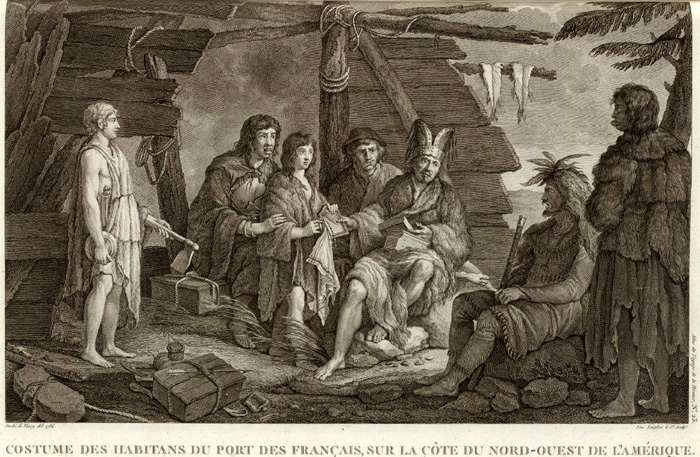
costume of the inhabitants of the French port on the coast of northwestern America .
Duchy of Vancy del. 1786. Vinc. I Langlois. Sculpt. L. Aubert scripsit. Atlas of the Voyage of La Perouse, no. 23.
Duchy of Vancy del. 1786. Vinc. I Langlois. Sculpt. L. Aubert scripsit. Atlas of the Voyage of La Perouse, no. 23.
(Paris: L'Imprimerie de la République, An V, 1797)
Gold is no longer desired in Europe that the iron in this part of America, This is further evidence of the rarity of this metal. Each island has, indeed, a small amount, but they are so greedy that they employ every means to procure it. From the day we arrived, we were visited by the leader of the main village. Before boarding, he seemed to send a prayer to the sun, we then made a long harangue, which was completed by songs quite enjoyable, and have a lot to do with the chant of our churches, the Indians of his canoe accompanied by a chorus repeating the same tune. After the ceremony, they went on board and almost all danced for an hour the sound of the voice they were very fair. I made many gifts to this head that made him so uncomfortable that he spent every day five or six hours on board, and I had to renew them frequently or go see him unhappy and threatening, which however was not very dangerous.

Woman of the Port of French . Designed by Duchy of Vancy . Engraved by Vinc. I Langlois. L. Aubert scripsit.
Atlas of the Voyage of La Perouse no. 24. (Paris: L'Imprimerie de la République, An V, 1797)
soon as we were set behind the island, almost all wild Bay went there. The noise of our arrival soon spread around and we saw several canoes loaded to achieve a very considerable amount of otter skins, that these Indians exchanged cons axes, adzes and iron bars. They gave us their salmon for pieces of old circles, but soon they became more difficult and we could not get this fish with a few small nails or instruments iron. I think it is any country where the otter is more common in this part of America and I am somewhat surprised that a factory that would expand his business only to forty or fifty miles on the edge of rassemblât the sea every year ten thousand skins of this animal. Mr. Rollin, chief surgeon of my frigate himself flayed, dissected and stuffed the only otters that we were able to obtain.
[...] When we arrived at our second anchor, we established the observatory on the island, which was distant from our ships as a gunshot, we formâmes facility for the time of our stay in this port, where we pitched tents for our boats, our blacksmiths, and we sat down in a water deposit parts of our docking we refîmes entirely. Like all Indian villages were on the continent, we are flattered to be safe on our island, but we made soon experience the opposite. We had already proven that the Indians were very thieves, but we do not suppose their activity and a stubbornness that can execute projects of the longest and most difficult: we soon learned to know them better. They spent all nights to watch the right moment to rob us, but we did good care on board our vessels and rarely deceived our vigilance. I also established the law of Sparta: the stolen was punished, and if we do not applaud the thief, at least we do not claim anything to avoid that brawl could have had fatal consequences. I do not conceal that this would make them extremely soft insolent; however I tried to convince them of the superiority of our arms had been shot in front of them a shot to shot, to show them that they could be reach far, and a gun bullet had passed through, in the presence many of these Indians, more double a breastplate that we had sold, after having made us understand by signs that she was impervious to arrows and daggers, and finally, our hunters were skillful killing birds on their heads. I am sure they never believed we inspire feelings of fear, but their conduct has shown me that they did not doubt that our patience was not foolproof. Soon they forced me to raise the institution had on the island, where they landed at night, on the seaward side, they crossed a wood very thicket, in which we were impossible to enter the day and gliding on his belly like snakes, almost without stirring a leaf, they managed, despite our sentinels, to steal some of our belongings. Finally, they had the address to enter at night slept in the tent where MM. Lauriston and Darbaud, who were on guard at the observatory, they took a rifle topped with money and clothes of these two officers, who had placed under their care by bedside: a guard of twelve men saw them and not the two officers were not awake point. This last flight we had little concern without the loss of the original book on which were written all our astronomical observations since our arrival in the port of the French.

View of the Port property of the inhabitants of the French for the fishing season. Designed by Blondel. Engraved by Le Grand. L. Aubert scripsit. Atlas of the Voyage of La Perouse, no. 21. (Paris: L'Imprimerie de la République, An V, 1797)
These obstacles did not prevent our canoes and boats to the water and wood, all our officers were in constant chore head the various detachments of workers we were obliged to send to earth, and their presence and order contained the wild. While we were the quickest arrangements for our departure, MM. Monneron Bernizet and rose to the level of the bay.
We have been to the bottom of the bay, which is perhaps the most extraordinary place on earth. To get an idea, we imagine a pool of deep water can not be measured in the middle, surrounded by steep mountains, an excessive height, covered with snow, without a blade grass on this huge pile of rocks condemned by nature to everlasting sterility. I've never seen a blast wind ripple the surface of the water, she is troubled by the collapse of huge chunks of ice break off very often five different glaciers, which are falling into a sound that echoes off the mountains. The air is so still and quiet so profound that the mere voice of a man is heard a mile, and the noise of some seabirds lay their nine in the hollow of the rocks. It was at the bottom of this bay that we hoped to find channels through which we could enter the interior of America. We suspected it would lead to a large river whose course could be found between two mountains, and that this river had its source in one of the great lakes in northern Canada. That is our dream, and behold what was the result.
[Several members of the crew, with Lapérouse, engage in two channels: they both ended in a cul-de-sac by glaciers.]

C ONTINUATION OUR STAY AT THE PORT OF FRENCH.
WHEN IN PART, THE MORE WE feel terrible misfortune.
ACCURATE HISTORY OF THIS EVENT.
we resume our first anchorage.
START.

The next race, the chief came on board with better and better dressed than usual, and after many songs and dances, he proposed I sell the island that was my observation, reserving probably tacitly, for him and other Indians, the right to steal from us. It was more than doubtful that this chief was the owner of any land, the government of these peoples is such that the country must belong to the whole society. However, Like many Indians were witnesses to this market, I was entitled to believe that they gave their assent, and I accepted the offer of the chief, also believes that the contract of sale that could be broken by several courts if the nation ever argued against us, because we had no proof that the witnesses were his representatives and the leader's true owner. Anyway, I gave him several yards of red cloth, axes, adzes, iron bars, nails, and I also made gifts to his suite. The market and concluded and settled, I sent to take possession of the island with the usual formalities, I did bury the foot a rock a bottle which contained a notation of such taking and I made with one bronze medals were minted in France before our departure.
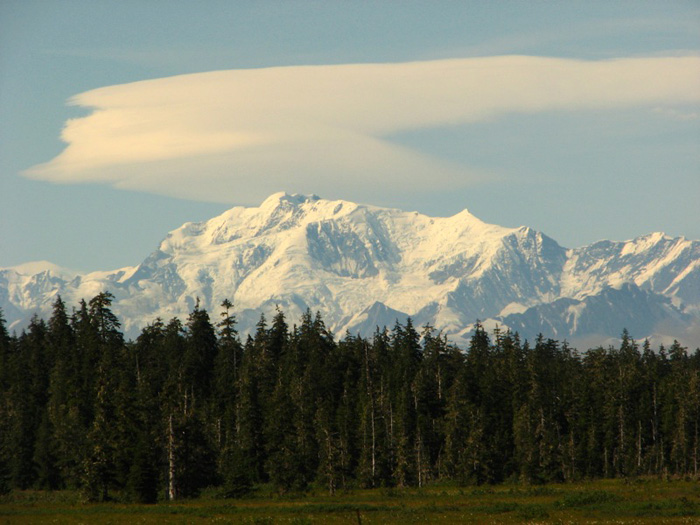
However, the main work, the man who had been the subject of this release was completed, our guns were in place, securing our repaired, and we embarked a large amount of water and wood to our departure from Chile. No one port in the universe can provide greater convenience to expedite the work that is often so difficult in other countries.
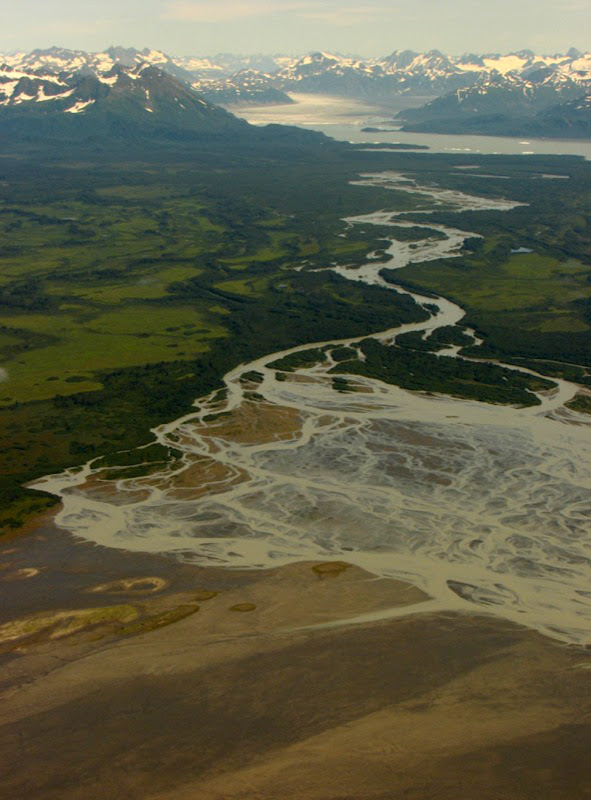
plan MM. Monneron and Bernizet was completed, and the extent of a base taken by Mr. Blondel, who had served in M. Langlais, M. Dagelet and as many officers trigonometrically to measure the height of mountains, and we n aircraft to be regretted that the book comments by Mr. Dagelet, and this misfortune was almost compensated by the different notes which had been found: we finally looked like the happiest of sailors, to be arrived at so great a distance of Europe without having a single patient or a single man of the two épuipages of scurvy.
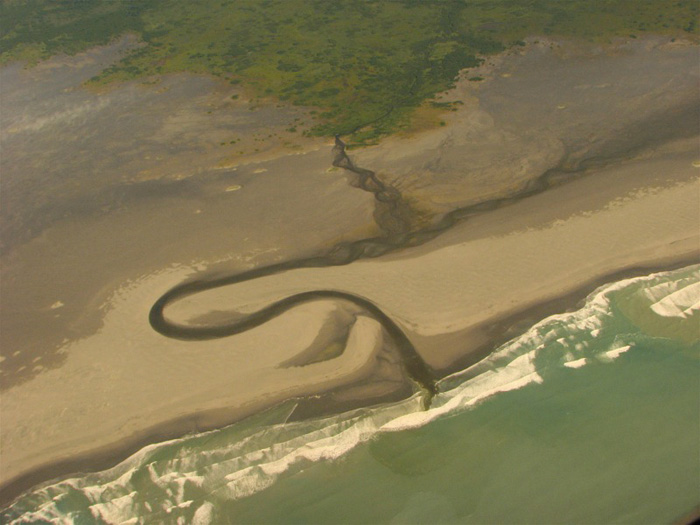
But the greatest of misfortunes, that he was the most unpredictable, waiting for us at this term. It is with deepest sorrow that I will trace the history of disaster thousand times more cruel than the disease and all other events of the longest voyages. I yield to rigorous duty that I am forced to write this relationship and I am not afraid to let know that my regrets were, since that event, a hundred times accompanied by my tears that time could not ease my pain: every object, every moment remember the loss we have made, and in a circumstance where we thought we have so little to fear such an event.
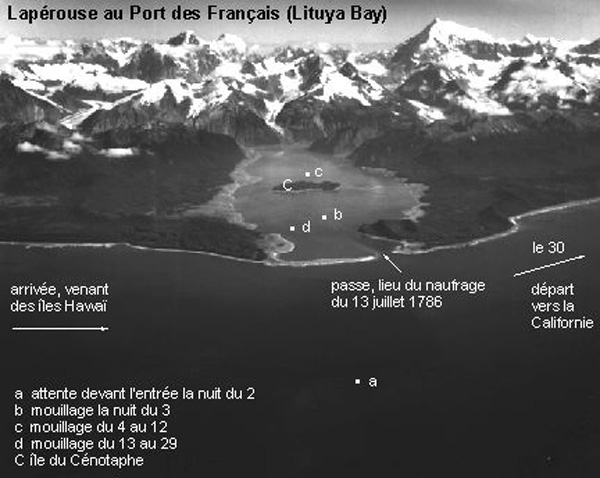
I already said that the probes should be placed on the plane MM. of Monneron and Bernizet by naval officers and, accordingly, the Biscay of Astrolabe, under the orders of M. de Marchainville, was commissioned for the next day, and I did have one of my frigate and the small boat I gave the command to Mr. Boutin.

Mr. Escures, my first lieutenant, Chevalier de Saint-Louis, the commander of the Vizcaya Compass and was the leader of this little expedition. As his zeal seemed to me sometimes a bit strong, I felt obliged to give instructions in writing. The details in which I entered I demanded prudence seemed so thorough that he asked me if I took for a child, adding that he had already ordered the buildings. I kindly explained to him the reason for my orders and I told him that Mr. Langle and I had surveyed the pass of the Bay two days ago, and I found that the officer commanding the second boat that was with us had gone too near the edge, on which even he had touched. I added that young officers believe it is a good tone for the seats, get on the parapet of the trenches, and that makes them brave spirit, in the boats, rocks and surf, but this daring little thought could have the most disastrous consequences in a country like ours, where these sorts of dangers were renewed every minute. After this conversation, I handed him the following instructions, which I read to Mr. Boutin: they will raise awareness no other mission statement of Mr. Escures and precautions I had taken.
[Here follows the detailed instructions.]

These instructions did they leave me some fear? They were given to a man of thirty-three, who had commanded ships of war: how much security reasons!

Our boats departed, as I had ordered, at six o'clock in the morning; was as much a part of that pleasure and utility of education; we should hunt and lunch under the trees. I joined Mr. Escures, M. and M. Pierrevert Montarnal, the only relative I had in the navy, and which was attached as tenderly as if he were my son, ever young officer had given me more hope, and Mr. Pierrevert had acquired what I expected very shortly from the other.

The top seven soldiers working composed the armament of the Vizcaya, where the master my frigate pilot had also embarked on probing. Mr. Boutin was second in his small boat Mouton, Lieutenant Commander, I knew that the boat of the Astrolabe was commanded by M. de Marchainville but I did not know if there were other officers .
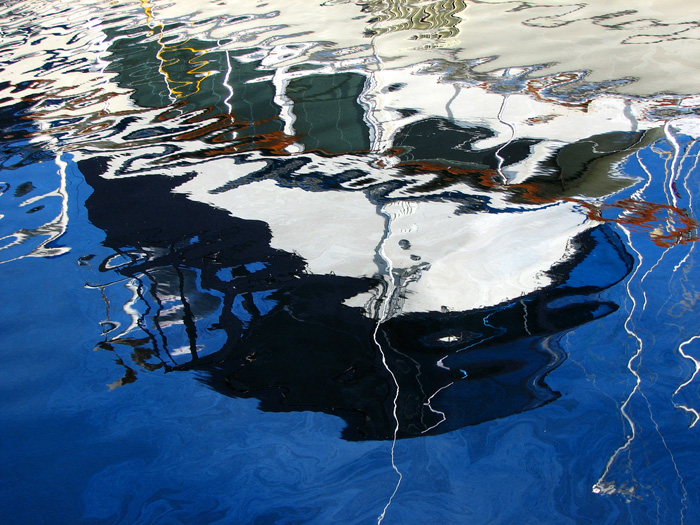
At ten o'clock in the morning, I saw our little boat back. A little surprised, because I did not expect it so soon, I asked Mr. Boutin, before he boarded, if there was something new and I was afraid in that first attack any moment wild air of M. Boutin was not calculated to reassure me, the most severe pain was painted on her face. He told me the soon dreadful shipwreck which he had just witnessed, and which he had escaped only because the firmness of his character enabled him having all the resources that remained in such extreme peril. Led, following his commanding officer, in the midst of the breakers that were in the pass, while the tide was going out with a speed of three or four miles per hour, he imagined to present to the blade on the back of his canoe, this way, pushed by the blade and his assignor, could not fill, but should nevertheless be led outside, backwards by the tide. Soon he saw the breakers ahead of his canoe and he found himself in the great sea's busiest hello to his friends as his own, he ran the edge of the breakers in the hope of saving life; He re-enlisted them himself, but he was repulsed spoke tide finally, he went on the shoulders of Mr. Mouton to find a larger space: the futile hope, everything had been swallowed ... Boutin and returned to the slack tide. The sea has become beautiful, the officer still had some hope of Biscay for the Astrolabe, he had seen perish than ours. Mr. Marchainville was at that moment a mile from the great danger is to say in a perfectly calm sea as that of the best port closed, but this young officer, moved by generosity probably unwise, since any relief was impossible in these circumstances, with the soul too high, too big for the courage to do this thinking when his friends were in such extreme danger, flew to the rescue, jumped into the surf and the same, a victim of its generosity and formal disobedience of his chief, perished with him.
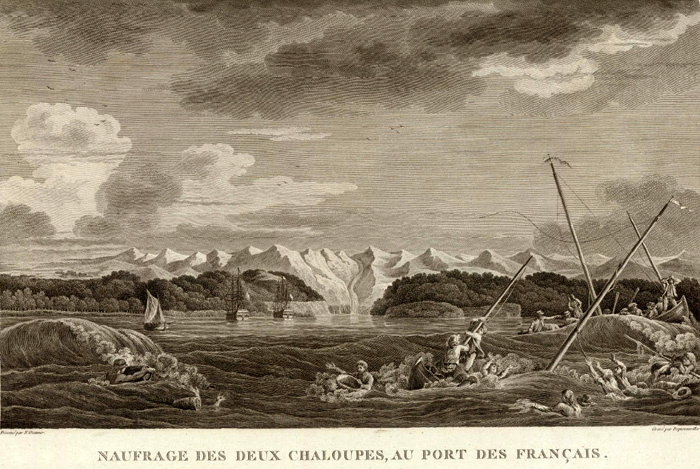
Sinking of the two boats at the Port of the French. Designed by Nicolas Marie Ozanne (1728-1811).
Engraved by Dequevauviller. L. Aubert scripsit. Atlas of the Voyage of La Perouse, no. 24.
(Paris: L'Imprimerie de la République, An V, 1797)
Soon, Mr. Langle came to my side so overwhelmed with pain that myself and me learned with tears that misfortune was still much bigger than I thought. Since leaving France, he had become an inviolable law of never detach the two brothers [It was MM. La Borde Borde Marchainville and Boutervilliers]. for the same chore and he had yielded, in that one occasion, they had testified to the desire to take a walk and hunt together, for it was almost under this point of view we had envisaged, and some the other, running our canoes as we believe that limited exposure in the harbor of Brest when the weather is very beautiful.
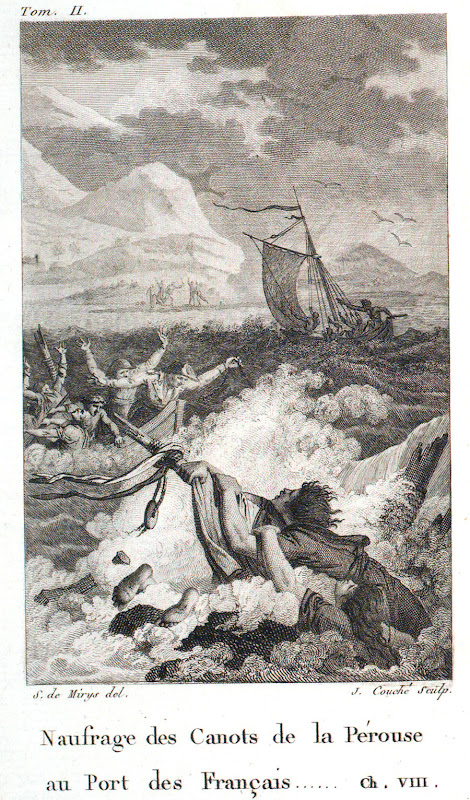
The canoes of savages came in the same time we announce the fatal event, the signs of these men coarse expressed that they saw two canoes and destroy all that help had been impossible: we comblâmes We endeavored to present and make them understand that all our wealth belong to that which would have saved one man.
Nothing was more calculated to excite their humanity, they ran on the banks of the sea and spread on both sides of the bay. I already sent my boat, commanded by M. de Clonard, on the east where, if someone, against all appearances, had the good fortune to escape, it was likely he would address. Mr. Langle fell on the coast West to leave nothing to visit, and I remained on board, charged with the custody of the two vessels, the crews needed to have nothing to fear from the wild, against which the caution was that we were still custody. Almost all the officers and several others had received MM. Langle and Clonard and they went three miles on the edge of the sea, where the smallest debris was not even thrown. I always kept a little hope: the mind becomes accustomed with difficulty in passing so sudden a situation sweet pain so deep, but the return of our canoes and boats destroyed this illusion and completed my throw in dismay the strongest expressions will never do that very imperfectly. I'll report here the relationship Boutin, he was a friend of Mr. Escures, and we also do not believe either the imprudence of that officer.
[Here follows the detailed account of Mr. Boutin, a survivor of the shipwreck.]

Louis Philippe Crepin (1772 - 1851) - The sinking of boats in the Bay of French, 1806
It remained for us to quickly leave a country that we had been so disastrous, but we had a few more days to the families of our unfortunate friends.
If, against all probability, someone was able to return them, as this could only be near the bay, I formed the resolution to wait several more days, but I left the anchorage of the island and I took the platinum sand at the entrance on the west coast.
[That's where the winds hold the vessels until 30 July.]

Before we left, we érigeâmes on the island in the middle of the bay, which I gave the name of the island Cenotaph, a monument to the memory of our unfortunate companions. Mr. Lamanon composed the following inscription, which he buried in a bottle at the foot of the Cenotaph:

THE PORT OF ENTRY ARE TWENTY-ONE BRAVE PERI MARINE, WHO GOT YOU, YOUR TEARS TO OURS LARCH.
"On 4 July 1786, the frigates Compass and the Astrolabe , parts of Brest on 1 August 1785, arrived in this port. By the care of M. de La Perouse, the expedition commander; of M. le Vicomte de Langle, commanding the second frigate, MM. Clonard and Monti, captains second in two buildings, and other officers and surgeons, none of the diseases that are the result of long voyages had reached the crews. M. de La Perouse welcomed, as we all have been from one end of the world to another, through all sorts of dangers, people who attended deemed barbarians, without losing a single man or paid a drop of blood. On 13 July, three boats left at five o'clock the morning to place the probes on the plane of the bay that had been struck. They were led by Mr. Escures, Lieutenant, Knight of St. Louis: M. de La Perouse had given him written instructions to explicitly forbid him from approaching the court, but when he thought still be removed, he found himself engaged. MM. La Borde, brothers, and Flassan, who were in the boat the second frigate, were not afraid to expose themselves to rescue their comrades, but, alas! they had the same fate ... The third boat was commanded by M. Boutin, lieutenant. This officer, fighting bravely against the breakers, made during several hours of great but futile efforts to rescue his friends and owed his own salvation to the best construction of his boat, his enlightened prudence, to Mr. Laprise Mouton, Lieutenant Commander, his second, and the activity and prompt obedience of his crew, composed of Jean Marie boss Lhostis, The Netherlands, and Corey Jers Monene all four sailors. The Indians appeared to be part of our pain is extreme. Moved by misfortune, not discouraged, we start July 30 to continue our journey. "

Names of officers, soldiers and sailors who were shipwrecked on July 13 at seven o'clock in the morning quarter
COMPASS
Officers:
MM. Escures,
of PIERREVERT,
of Montarnal.
Crew:
LEMAÎTRE first pilot
LIEUTOT, corporal boss
Prieur,
Fraichot,
Berrini
BOLET,
FLEURY,
Chaube, all seven soldiers, the oldest not thirty-three years.
The ASTROLABE
Officers:
MM. La Borde Marchainville,
LA BORDE Boutervilliers, brothers,
FLASSAN.
Crew:
SOULAS, corporal boss
PHILIBY,
JULIAN THE PENN, PETER
RABIER, all four soldiers
ANDRIEUX THOMAS,
Goulven Tarreau,
GUILLAUME DUQUESNE, all three topmen in the flower of their age.
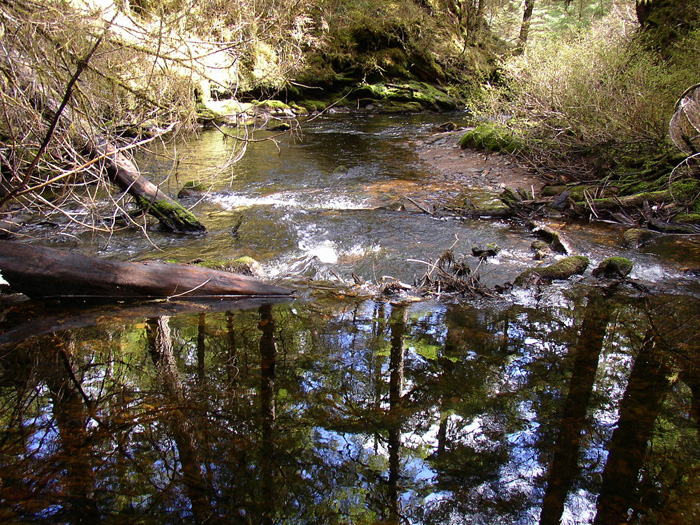
Our stay at the entrance to the bay afforded us on the manners and customs of various wild lot of knowledge that we would have been impossible to acquire in other Location: our ships were at anchor with their villages we visited several times each day and each day we had to complain about, though our conduct toward them would never have denied that we n 'would have continued to give them evidence of softness and benevolence.
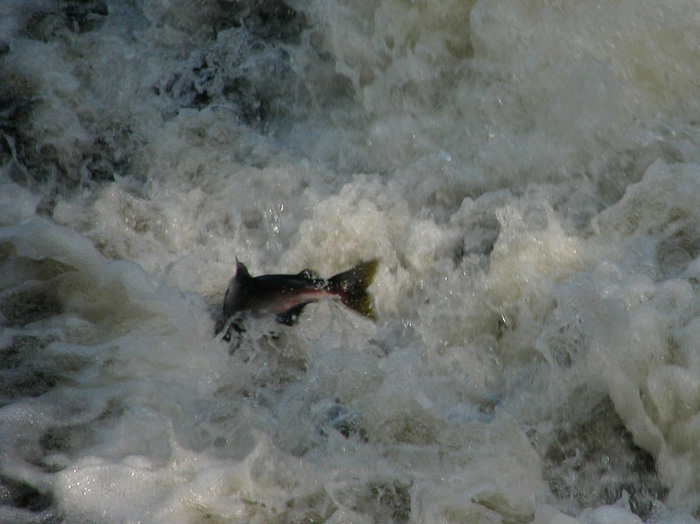
On 22 July they brought us the debris of wrecked canoes, the blade was pushed on the east coast, very near the bay, and they we were heard, by signs, that they had buried one of our unfortunate companions on the shore where he had been thrown by the blade. On these indexes, MM. Clonard, of Monneron, Monti left immediately and directed their course towards the east, accompanied by the same Indians who brought us the debris and we had filled with presents.

MM. Langle and Lamanon, with several officers and naturalists, had made two days ago, in the west, a race that was also to research these sad, she was also unsuccessful as the other, but they met a village of Indians, on the edge of a small river completely blocked by poles when fishing for salmon: we have long suspected that the fish came from that part of the coast, but we were not certain, and this discovery satisfied our curiosity.

Views of the coast of northwestern America recognized by the French frigates
the Compass and the Astrolabe in 1786. 1e. sheet. Atlas of the Voyage of La Perouse, no. 18.
(Paris: L'Imprimerie de la République, An V, 1797)
Our travelers also met morai they proved that these Indians were in the habit of burning the dead and keep the head, they found one wrapped in several skins. The monument consists of four poles strong enough to carry a small board room, where the ashes contained in boxes, they opened the boxes, defeated the package of skins that covered the head and, after satisfying their curiosity, they scrupulously handed everything in its place, they added a lot of instruments present in iron and glass beads. The Indians who had witnessed the visit showed a little concern but they did not fail to go off very quickly these that our passengers had left out other interesting was the following day in the same place there found that the ashes and the head, where they began new wealth that had the same fate as the previous day. I'm sure the Indians would have liked more visits per day, but if we allowed, albeit with some reluctance to visit their graves, it was not the same in their cabins, they consented to us let approach after having rejected their wives, who are the most disgusting things in the universe.
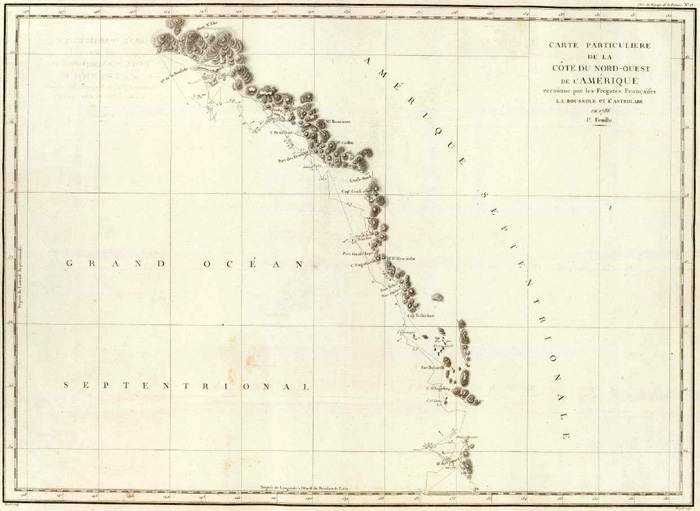
Map particular the coast of northwestern America recognized by Frigates French
the Compass and the Astrolabe in 1786. 1e. sheet. Bouclet sculp. Herault scrip.
Atlas Voyage de la Perouse no. 17. (Paris: L'Imprimerie de la République, An V, 1797)
the Compass and the Astrolabe in 1786. 1e. sheet. Bouclet sculp. Herault scrip.
Atlas Voyage de la Perouse no. 17. (Paris: L'Imprimerie de la République, An V, 1797)
We saw every day into the Bay of new canoes and every day, entire villages were leaving and yielded their place to others. These Indians seemed much dread going there and not ever ventured into the sea spreads or ebb flow: we saw distinctly, using our glasses, that when they were between two points, the leader or at least the most significant Indian got up, stretched his arms toward the sun appeared and send him prayers, while the others paddled with great force. It was asking some clarification on this custom we learned that for some time, seven very large canoes were wrecked in the pass: the eighth had saved the Indians who escaped this misfortune, or devoted to their god or in memory of their comrades, and we saw it next to a morai which probably contained the ashes of some shipwrecked.
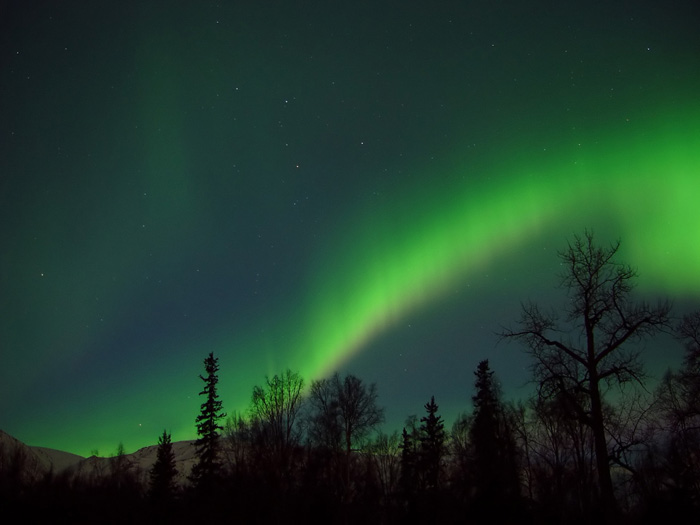
This canoe did not resemble those of the country, which are formed as a hollowed tree, found on each side by a board sewn to the bottom of the canoe. It was couples, smooth as our canoes, and this structure, very well made, had a case of sealskin that served as his curling and was so perfectly stitched the best workers in Europe have the difficult to imitate this work: the case of which I speak, we have measured with great attention, was tabled in the next morai cinerary chests, and the frame of the canoe, erected on the sites, left naked to the monument.

I wished that envelope away in Europe we were the absolute masters, this part of the bay is not inhabited, no Indian could be an obstacle; Besides, I am very confident that the castaways were strangers and I will explain my conjecture in this regard in the next chapter, but it is a universal religion to the asylums of the dead, and I wanted that they were respected .

Finally, on July 30, at four o'clock we sailed with a small breeze from the west, which ceased only when we were three miles offshore.
Jean-Francois de La Perouse ; travel around the world on the Astrolabe and the Compass (1785-1788)
Jean-Francois de La Perouse ; travel around the world on the Astrolabe and the Compass (1785-1788)

(To be continued ...)
0 comments:
Post a Comment